Cardinals Face Crucial Choice in Shaping the Future of the Catholic Church
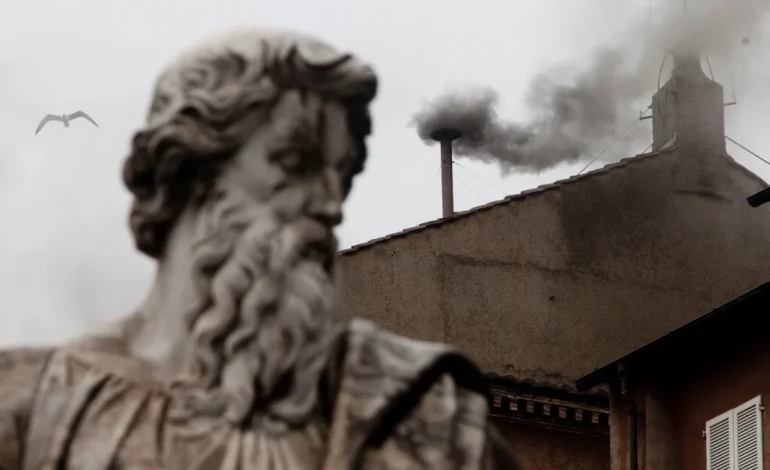
With the passing of Pope Francis, the College of Cardinals is poised to enter a critical phase that may define the future direction of the Catholic Church.
As preparations begin for the upcoming conclave, attention has turned to the complex dynamics within the College and the potential influence of differing visions for the Church’s next chapter.
Pope Francis, the first pontiff from the Global South, dramatically reconfigured the makeup of the College of Cardinals. During his papacy, he broke with tradition by selecting cardinals from countries with little historical representation in the Vatican, including Mongolia, Tonga, and the Central African Republic. His appointments made the College more reflective of the global Catholic community and included many who shared his reform-oriented agenda.
Francis’ papacy was marked by a series of progressive reforms and pastoral outreach initiatives. These included discussions on expanding roles for women, welcoming LGBTQ+ Catholics, and advocating for environmental stewardship and economic justice. These efforts, facilitated through mechanisms such as the Synod of Bishops, won support from many within the Church, but also drew criticism from a smaller, more conservative faction within the hierarchy.
As the Church prepares for the conclave—held in the Sistine Chapel under Michelangelo’s iconic Last Judgment—only cardinals under the age of 80 will be eligible to vote. Of those eligible, roughly 80% were appointed by Francis himself, suggesting the potential for continuity in leadership. Still, conclaves have historically produced surprising outcomes, and a vocal minority of cardinals remain critical of some of Francis’ more transformative efforts.
The debate over the Church’s path forward is expected to intensify after Francis’ funeral. Retired cardinals, though ineligible to vote, are likely to play key roles in shaping opinion during pre-conclave discussions. Figures such as Cardinal Blase Cupich (Chicago), Cardinal Oswald Gracias (India), and Cardinal Christophe Pierre (Vatican diplomat) may serve as important influencers, as could others like Cardinal Peter Turkson of Ghana or Cardinal Marc Ouellet of Canada.
Opposition to Francis’ reforms has, at times, been both public and organized. During his tenure, anonymous memos criticized his governance and theological direction, and some groups launched efforts to influence future conclaves through research and lobbying campaigns. These efforts included projects to compile dossiers on papal candidates, aimed at promoting transparency—or, as critics suggest, steering the Church away from reform.
Potential successors include a diverse slate of candidates. Among them are Cardinal Pietro Parolin of Italy, the Vatican’s secretary of state; Cardinal Luis Antonio Tagle of the Philippines, viewed as a progressive voice in Asia; and Cardinal Fridolin Ambongo of the Democratic Republic of Congo, known for his cultural conservatism. Others include Cardinal Robert Prevost of the US, Cardinal Reinhard Marx of Germany, and Cardinal Peter Erdo of Hungary, each reflecting a different regional and ideological perspective.
While the next pope may seek to institutionalize many of Francis’ reforms, some cardinals may opt for a less disruptive figure to consolidate those changes more quietly. Conversely, others may advocate a return to a more traditionalist approach, particularly around issues of doctrine and liturgy.

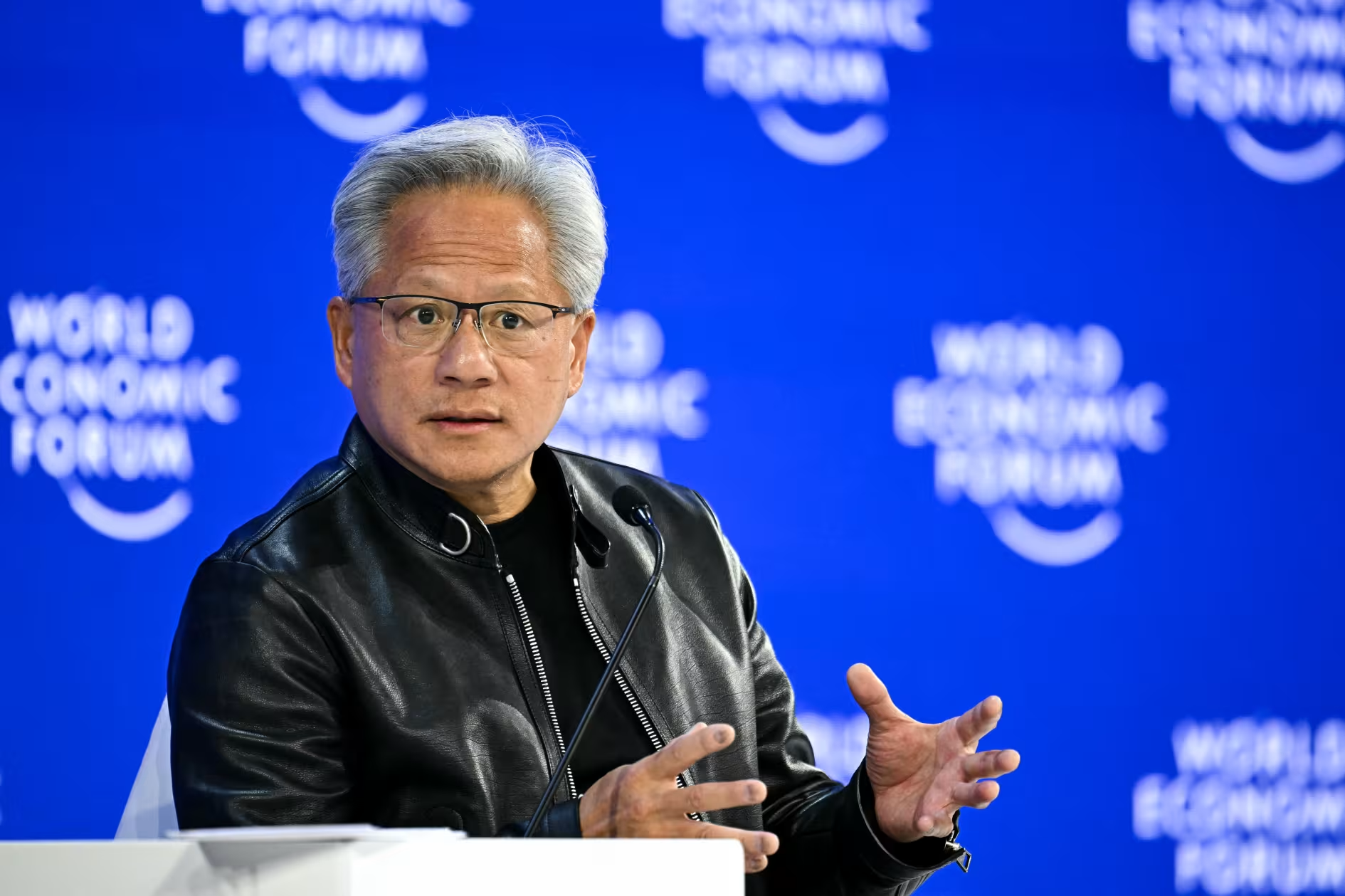
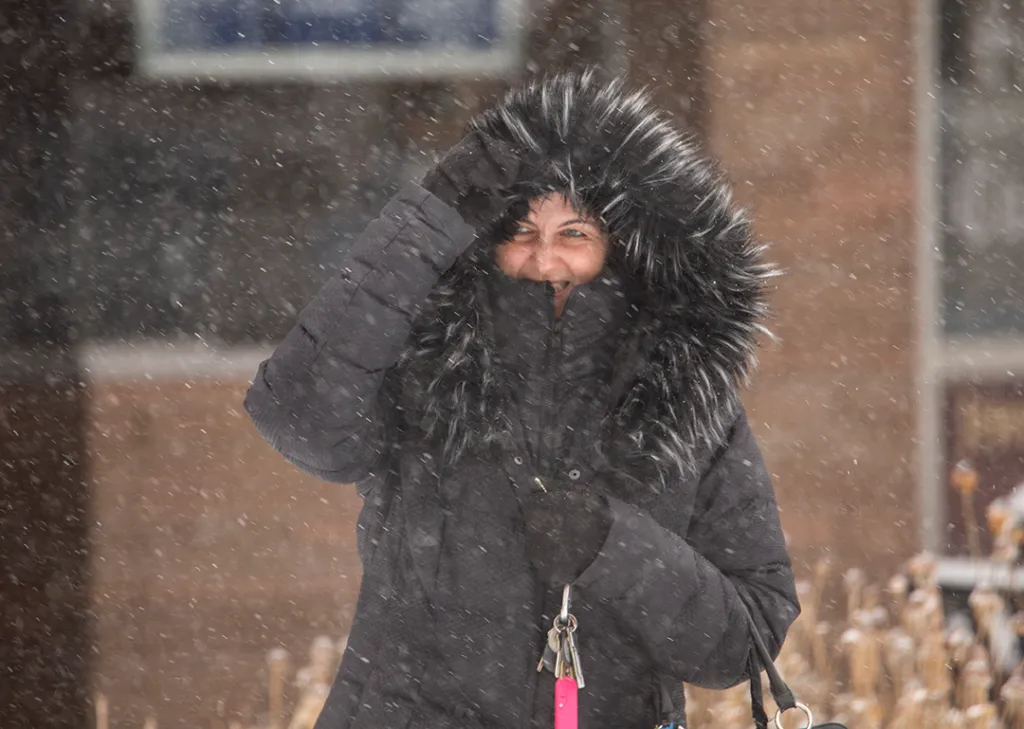
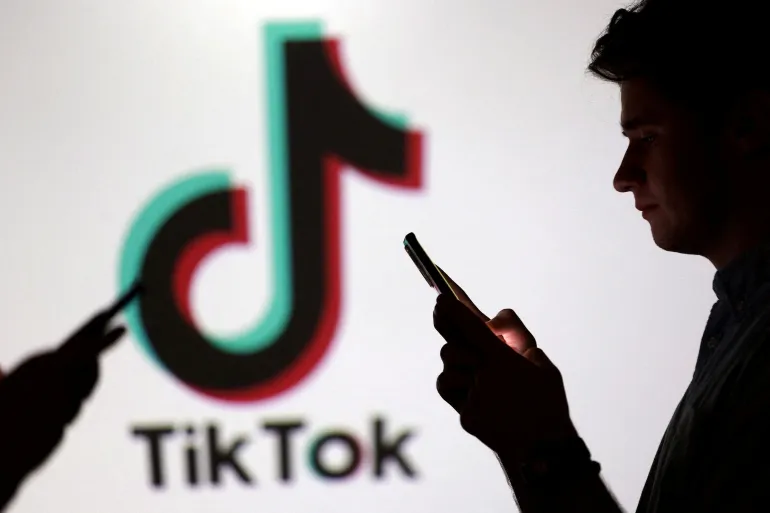
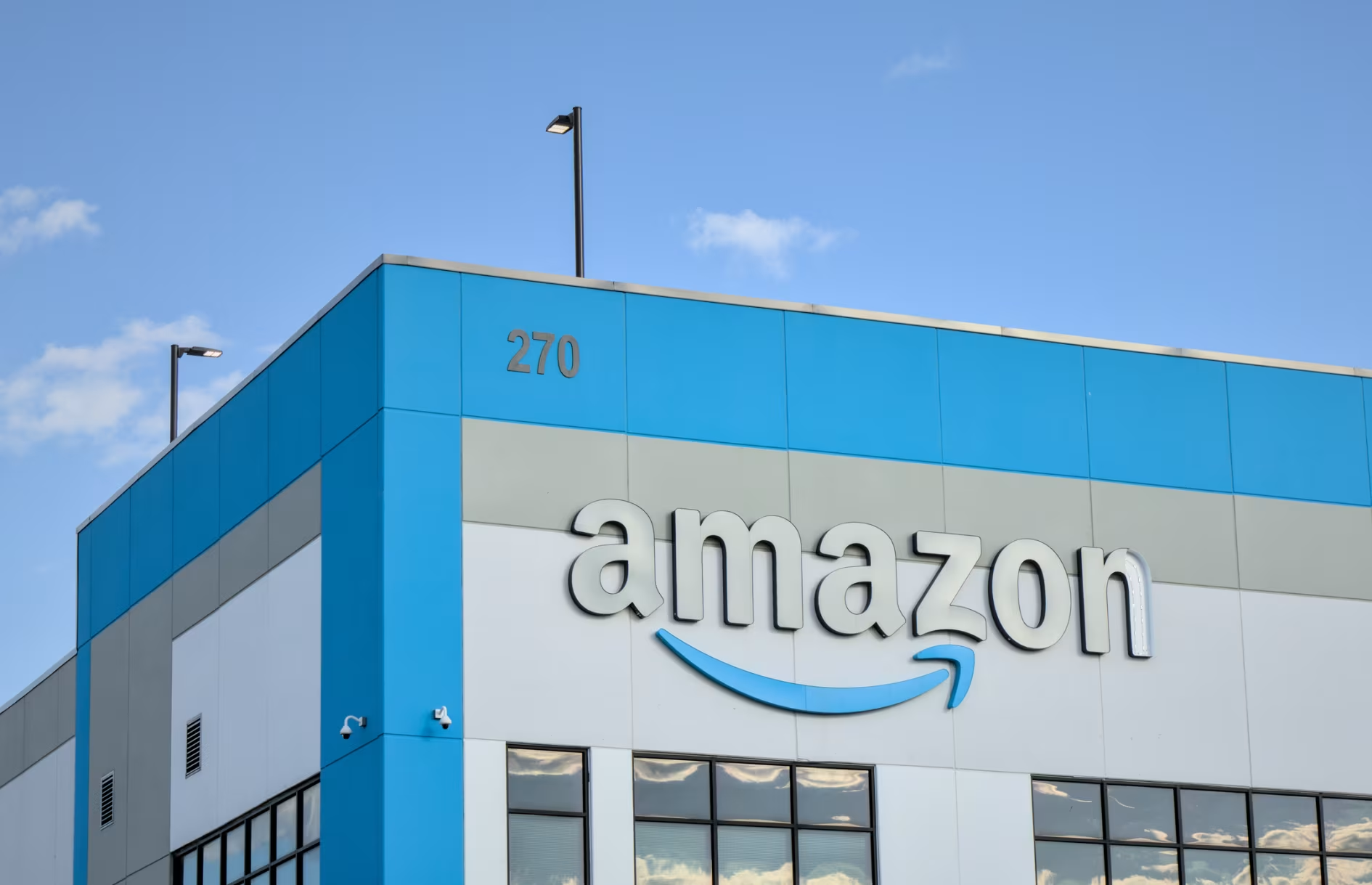




The latest news in your social feeds
Subscribe to our social media platforms to stay tuned